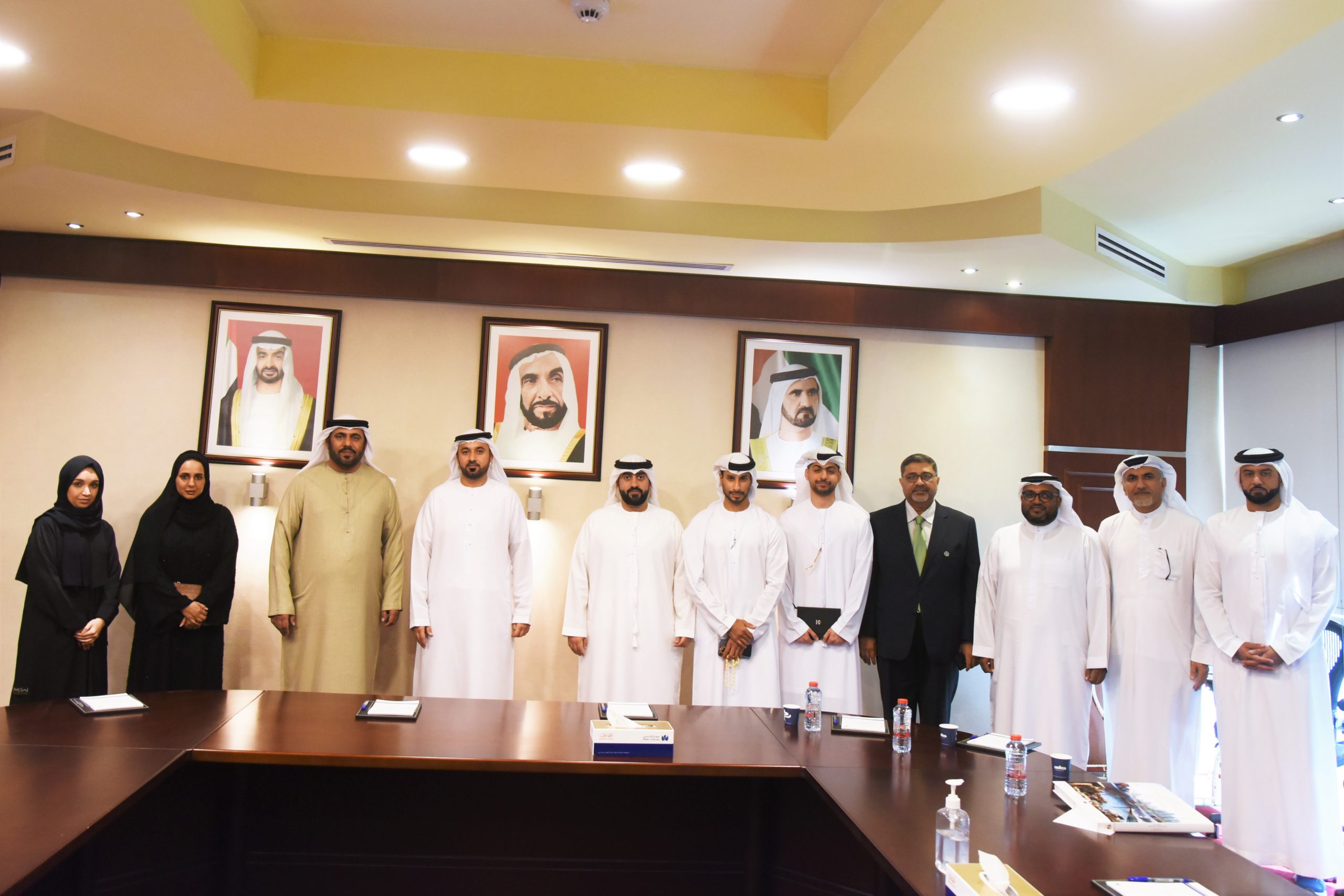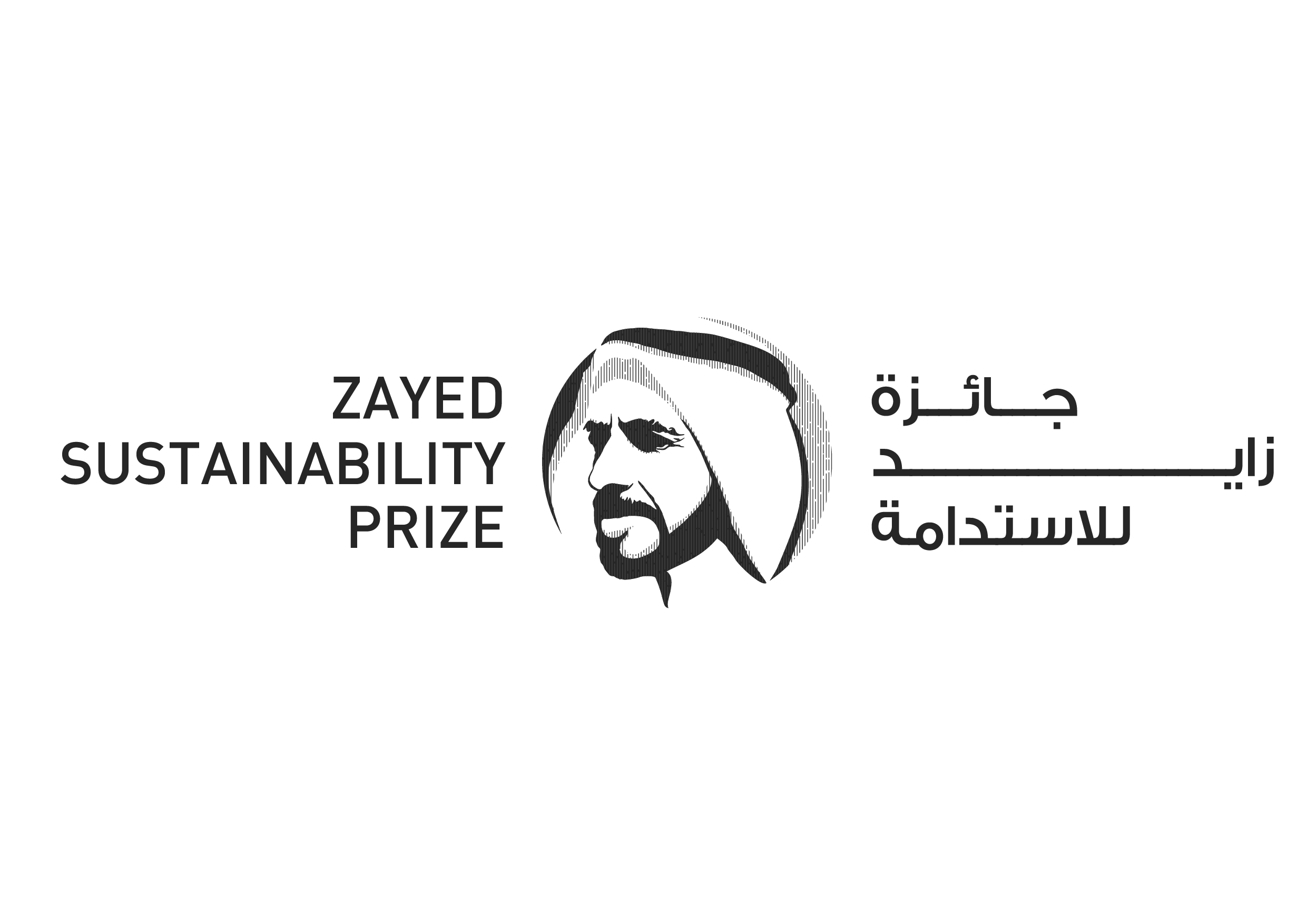GENEVA, 24th April, 2023 (WAM) – The international community will mark World Malaria Day 2023 with the theme “Time to deliver zero malaria: invest, innovate, implement”. The World Health Organisation (WHO) will prioritise reaching marginalized populations with available tools and strategies. The annual event, held on 25th April, brings together the global malaria community to promote efforts to eradicate malaria, sustain political commitment and investment in malaria control and elimination.
WHO's World malaria report 2022 reveals that the funding gap between the resources invested in the global malaria response ($3.5 billion) and the required amount ($7.3 billion) has widened, particularly over the last three years. In 2021, the funding shortfall was $3.8 billion, up from $2.6 billion in 2019. Although there have been significant contributions from countries and partners, the Seventh Global Fund replenishment raised only $15.7 billion against the target of $18 billion. The changing economic environment has made funding the malaria response increasingly difficult.
Despite recent setbacks in malaria control, investments in research and development (R&D) played a crucial role in reducing the global burden of malaria in the past two decades. Rapid diagnostic tests (RDTs), insecticide-treated nets (ITNs), and artemisinin-based combination therapies (ACTs) have been the backbone of the malaria response since 2000. Continued investment in developing and deploying next-generation tools is crucial in achieving the 2030 global malaria targets.
In the vector control space, 28 new products are under development. Some of these tools include new types of insecticide-treated nets, targeted baits that attract mosquitoes, spatial repellents, lethal house lures (eaves tubes), and genetic engineering of mosquitoes. Several malaria vaccines are also under development, with many targeting the malaria parasite before it enters the human liver. New diagnostics are also being developed to address problems around HRP2/3 gene deletions that compromise the performance of RDTs that detect P. falciparum malaria.
Although some progress has been made in expanding access to malaria services for most-at-risk populations, many people are still missing out on the services. WHO has published new guidance, strategies, and frameworks to address these issues and has increased transparency, flexibility, and access to its malaria recommendations. Investment in well-functioning health systems, built on a foundation of primary healthcare, can address people’s health needs and reduce the cost of care.
According to the latest World Malaria Report, malaria caused an estimated 619,000 deaths in 2021, a slight decrease from 625,000 in 2020. In 2021, the WHO African Region accounted for 95% of all malaria cases (234 million) and 96% of all deaths (593 000). Nearly 80% of malaria deaths in the African Region were among children under five years. However, the world is not on track to achieve two critical targets of the WHO Global Technical Strategy for Malaria 2016–2030: reducing global malaria case incidence by 90% or more and reducing the global malaria mortality rate by 90% or more by 2030. It is essential to take urgent and concerted action to achieve these targets and Target 3.3 of the Sustainable Development Goals, which calls for ending malaria by 2030.
Globally, 30% of the population cannot access essential health services, and between 1.4 to 1.9 billion people face catastrophic or impoverishing health spending. Poor quality health care in low-income countries is responsible for more deaths than lack of access to care. Although the number of children receiving diagnosis and treatment in the public sector has slightly increased, more effort is needed to ensure quality care.
Primary Health Care (PHC) can deliver about 90% of essential health services, including services to promote health, prevent disease, and avoid the need for more costly secondary and tertiary care.
According to the latest World Malaria Report, progress has been made in expanding access to malaria services for at-risk populations. For example, nearly 45 million children were reached with seasonal malaria chemoprevention (SMC) in 15 African countries in 2021. This is a significant increase from 33.4 million in 2020 and about 22 million in 2019. Additionally, the proportion of febrile children in sub-Saharan Africa who were taken to a health provider and tested for malaria increased from about 30% to 57% between the periods of 2005-2011 and 2015-2021. Over 1.3 million children have received at least one dose of the RTS,S malaria vaccine in three African countries (Ghana, Kenya, and Malawi) and 29 other African countries have expressed interest in adopting the vaccine as part of their national malaria control strategies.
To address these threats and support countries in building more resilient malaria programs, the WHO has recently published new guidance. This includes a new strategy to contain antimalarial drug resistance in Africa, an initiative to stop the spread of Anopheles Stephensi in urban environments, a framework to guide city leaders in urban malaria control, and a toolkit to help countries assess their malaria surveillance systems and identify areas for investment.
The WHO has also recently published recommendations on new types of insecticide-treated nets (March 2023) and on the treatment of malaria cases (November 2022).

 World2 years ago
World2 years ago
 World2 years ago
World2 years ago
 Entertainment7 years ago
Entertainment7 years ago
 World7 years ago
World7 years ago
 Entertainment7 years ago
Entertainment7 years ago




